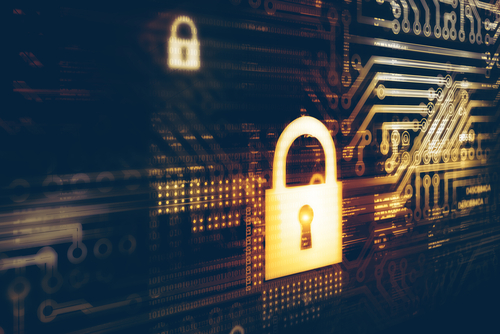Elevating the global anti-corruption agenda
Under the Saudi presidency, the G20 will leverage its collective expertise and influence to drive efforts in crisis response and ensure effective implementation of commitments made
Corruption presents a serious threat to our economic and social well-being. The COVID-19 pandemic has made such risks even more pertinent. Issues such as bribery, misappropriation and abuse of power, now more than ever, pose direct threats to our financial and healthcare responses, risking both lives and livelihoods.
Since the inception of its anti-corruption workstream in 2010, the G20 has made progress in leading the global anti-corruption agenda. This year, we hit new heights in elevating our collective work to the ministerial level. On 22 October 2020, the G20’s Saudi presidency hosted the first ever anti-corruption ministerial meeting. This meeting represents the enduring commitment of G20 members to build a culture that will not tolerate corruption in any of its forms. G20 ministers with responsibilities for preventing and combatting corruption adopted the inaugural ministerial communiqué, laying out our year’s achievements and a roadmap for future action. We hope the anti-corruption ministerial meeting will be reconvened in future years to reaffirm and reinforce our leaders’ commitments to combatting corruption and guide the future work of the anti-corruption workstream.
Crisis response
Against the backdrop of an unprecedented global crisis, the elevation of anti-corruption to the ministerial level has helped us respond decisively. Following the actions taken by our leaders during the Extraordinary G20 Leaders’ Summit in March, the G20 ministers responsible for preventing and combatting corruption agreed on collective actions to combat corruption in response to COVID-19. Outlined in the G20 Call to Action on Corruption and COVID-19, our efforts include promoting transparency in our COVID-19 response, maintaining sound governance across both the public and private sectors to enhance integrity in our immediate response to the pandemic, and fostering integrity in the longer-term recovery. These are backed by the Compendium of Good Practices on Corruption in the Response to COVID-19, developed with the United Nations Office on Drugs and Crime. It provides a comprehensive overview of good practices undertaken by countries in this regard.
Ministers’ further priorities
Although the pandemic has topped our agenda, our countries have worked tirelessly to take further action across many priority areas, as outlined in our communiqué. We have reiterated our collective commitment to transparency and accountability in reforming the approach taken to our Accountability Report. This year’s document offers an in-depth analysis unseen in previous editions and delivers insights into areas of potential action that ministers will agree on when developing future G20 action plans, such as the need to enhance international cooperation in asset recovery.
Furthermore, we have begun to resolve the issues identified by this analysis. The Saudi presidency has led the development of the Riyadh Initiative for Enhancing International Anti-Corruption Law Enforcement Cooperation. This initiative is hosted under the United Nations banner and kickstarted with $10 million from Saudi Arabia. This platform serves three purposes: to enhance direct contact between anti-corruption authorities, build knowledge and capacity, and reinforce synergies among existing anti-corruption law enforcement networks.
The Riyadh Initiative was welcomed during the anti-corruption ministerial meeting, and now we have turned our focus to building the political capital and buy-in necessary to promote its use.
Finally, the anti-corruption workstream has also been active in developing recommendations in other areas. They include G20 high-level principles on developing and implementing national anti-corruption strategies, using information and communications technologies to promote public sector integrity, and maintaining integrity in privatisation and public-private partnerships.
These three sets of principles are complemented by the G20 Action on International Cooperation on Corruption and Economic Crimes, Offenders and the Recovery of Stolen Assets, all as set out in our communiqué.
Our priorities will shift towards completing our 2019–2021 action plan under Italy’s G20 presidency in 2021. Key topics for discussion will include the measurement of corruption, corruption in sport, and gender and corruption. However, we will continue to use our collective expertise and influence to drive efforts in crisis response and highlight the need to ensure effective implementation of the commitments that we have made over the past decade, as we continue to promote global integrity.












